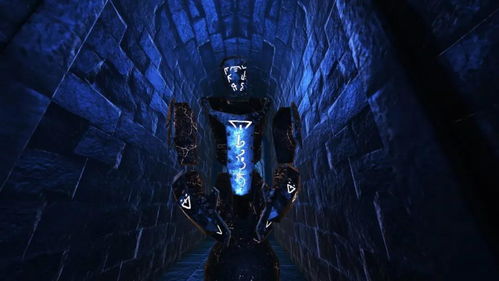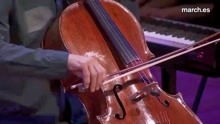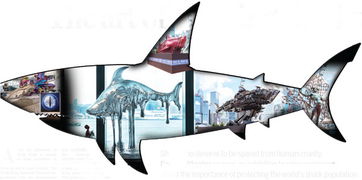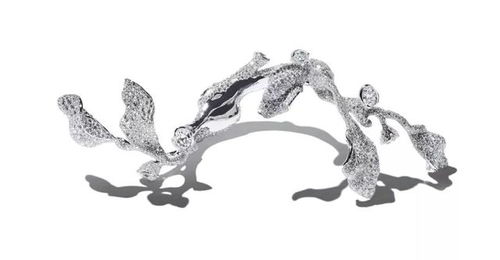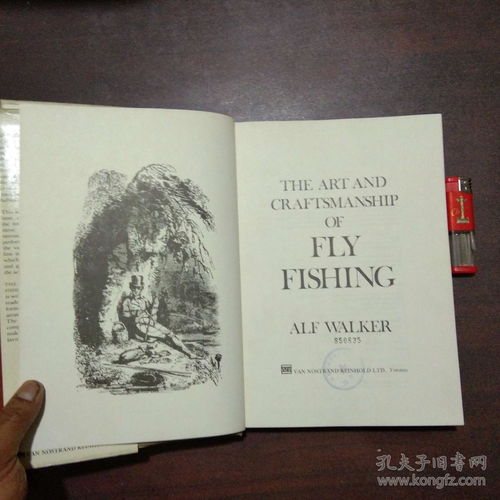Content:
Black hole fishing, a term often used to describe fishing in areas with little to no visible fish activity, can be a daunting experience for even the most seasoned anglers. The question often arises: is there no skill involved in black hole fishing, and what can be done to improve one's chances of success? In this article, we will delve into the intricacies of black hole fishing and provide some practical tips to help you navigate these challenging waters.
Firstly, it's important to understand that black hole fishing is not a lack of fish in the area, but rather a situation where the fish are not readily visible or accessible. This could be due to a variety of factors, such as water conditions, cover, or even the time of day. With this in mind, let's explore some of the key aspects of black hole fishing and how to approach them effectively.
Research and Preparation

Before setting out on a black hole fishing expedition, it's crucial to do your homework. Research the location, understand the local fish species, and gather as much information as possible about the area. This includes knowing the best times to fish, the types of lures or baits that are most effective, and the types of cover or structures where fish might be hiding.
Equipment and Technique
The right equipment can make a significant difference in black hole fishing. Here are some tips to consider:
- Rod and Reel: Choose a rod and reel that are suited for the type of fish you're targeting. A lighter rod can be more sensitive and allow you to detect subtle bites.
- Line: Use a monofilament line that is both strong and flexible. A lighter line can be more effective in murky water where visibility is low.
- Lures and Baits: In black hole fishing, it's often better to use quieter and more natural presentations. Soft plastics, spinnerbaits, and jigs can be great options. Match the color and size of your lure to the natural prey of the fish you're targeting.
Understanding the Water
The key to black hole fishing lies in understanding the water. Here are some strategies to consider:
- Water Conditions: Pay attention to water clarity, temperature, and flow. Fish may be more active or less active depending on these conditions.
- Cover: Look for areas with natural or artificial cover, such as rocks, logs, or weed beds. These areas can provide protection and attract fish.
- Structure: Identify areas with structural changes, such as drop-offs or ledges, which can hold fish.
Patience and Persistence
Black hole fishing requires patience and persistence. Fish may not bite immediately, and it's important to stay focused and keep experimenting with different techniques. Here are some tips:
- Change Your Approach: If one technique isn't working, try something different. This could mean changing your lure, bait, or presentation style.
- Stay Patient: Give your lure or bait time to work. Fish may take a few moments to notice and react to it.
- Move Around: If you're not getting any bites, try moving to a different location. Sometimes, the fish just need to be moved a short distance to be triggered.
Learning from Others
Observing and learning from other anglers can be incredibly valuable. Here's how you can do it:
- Observe: Watch how other anglers are fishing and see if you can pick up any techniques or strategies that might work for you.
- Ask Questions: Don't hesitate to ask other anglers for advice or tips. They might have insights that can help you improve your chances.
- Join a Group: Consider joining a fishing club or group where you can share experiences and learn from others.
In conclusion, while black hole fishing may seem like a skillless endeavor, there are indeed many techniques and strategies that can help you succeed. By researching your location, understanding the water, using the right equipment, and being patient and persistent, you can turn a challenging black hole fishing experience into a rewarding one. Remember, the key is to adapt and learn from each experience, and soon you'll be a seasoned angler capable of navigating even the most difficult fishing situations.
